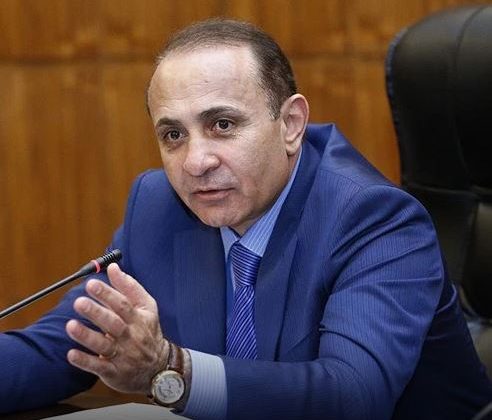(EDM) The G20 summit in Hangzhou, China (September 4–5), was not expected to produce major news in global governance. But for Russian President Vladimir Putin, it opened a unique opportunity to assert his place among top world leaders. His press secretary, Dmitry Peskov, assured that Russia would not accept any conditions for returning to the G7 (thus turning it back into the G8), because it is “quite satisfied” with the broader G20 format (RBC, August 31). Russia had little to contribute to the substance of the proceedings in Hangzhou, which ranged from stimulating economic growth to sustaining efforts at containing climate change; but Putin definitely did not want to be seen as a supernumerary. The Kremlin had taken pains to spin several high-stakes intrigues, which compelled many key participants—from British Prime Minister Theresa May to Turkish President Recep Tayyip Erdoğan—to schedule separate meetings with the Russian head of state. These talks yielded little fruit, but what matters for Putin is reinforcing the impression of his “indispensable” role in international affairs. […]
Read More © Eurasia Daily Monitor (EDM)









